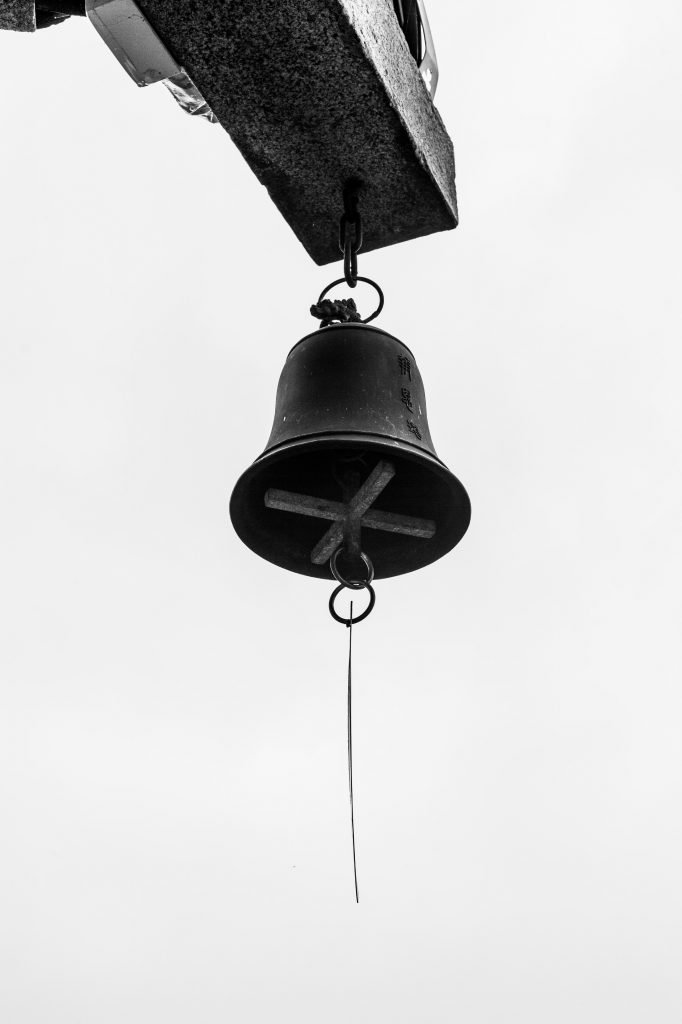
Nervous Stomach Anxiety: yin/yang explanation
Why You get Nervous Stomach Anxiety and How to Handle It. Acupuncture has great ways to help.

How your Lungs function is a major topic in Chinese medicine – really important for understanding its attitude to health. Of course, the Lungs cover respiration – breathing – but they also govern Qi, without which we would all be inert!
Once you get to grips with what your lungs do, and what your Lungs ‘manage’ in terms of Chinese medicine, you will have more respect for them and perhaps realise their vital importance for your health.
If you are more interested in the path of the Lung channel, or ‘meridian‘, click here.
Read on for how problems along a channel – say your Lung channel – can affect your health, breathing and skin. And conversely, how problems in the function of our lungs can lead to problems along the pathway of the Lung channel.
Check out Qi before reading on. You may also enjoy our page on Lung Qi.
If the many functions of Qi are understood, then you’ll see how important is the energy of the Lungs – because the Lungs Function Number ONE is governing the Qi and Breathing.
The example given on that page (Lung Qi) of when you get angry and tense, your shoulders tighten, your jaw grinds, your forehead furrows and you incline towards a headache, all because Qi is pushing up: well, if your Lungs function right, they’ll steady and control it so you won’t hit anyone or anything.
Probably you’ll do this partly by steady breathing. At any rate, your Lungs are deeply involved in this. And because your Liver energy is usually involved in those symptoms of frustration, you could say that your Liver and Lungs work hand in hand, but also balance and to some extent regulate each other.
For example, if you are so angry that you stop breathing, (your doctor may think of asthma) your Liver energy is likely to be impeding your Lungs’ function, and there is a well-understood mechanism in Chinese medicine as to how this happens – and what to do about it.
Everything that functions in your body needs Qi. That includes every kind of physiological process, from your heart beat to the health of your skin, from how alert you are to how well your bowels work.
Your Lungs inspire and expire; they breathe in and out. When breathing in, they extract from the air what the Chinese called ‘pure Qi’. When breathing out, they return so-called ‘dirty qi’ back to the environment.
So you can see that Chinese medicine agrees with Western medicine on this. If your breathing is inadequate or faulty, an early consideration is whether your Lungs’ function is working properly.
Some examples of when this Lungs’ function is a problem:
… though please realise some of the above involve other zang-fu energies too, and their interaction with the Lungs. For example, frequent sighing can also occur with Liver Qi stagnation.
But that’s not all. The Lungs have a close relationship with your digestive powers, which in Chinese medicine are your Stomach and Spleen energies. When you eat something, your digestion leeches essential nutrients from the food. These essential nutrients are sent, according to Chinese medicine, first to the Lungs.
In the chest the food and the air nutrient energies combine to form ‘Gathering Qi’. This distributes via your Lung energy to every part of your body to feed it and enable it to function properly.
Because it starts from the chest, it enables your Heart and Lungs to function well. This qi powers your heart to give you good circulation. If you have poor circulation, this may point to problems in your chest, which is known as the Sea of Qi.
That Sea of Qi also powers your voice. A strong voice suggests good Qi.

However, the Lungs’ function is far wider than this, which is where the story begins to depart from that of Western medicine.
This is where, for the scientifically inclined, it gets a bit fanciful.
OK, you say, you can accept Lungs Function 1. That accords with Western medicine, pretty well.
But ‘channels’?!
May I invite you to read our page on ‘Channels‘?
Like it or not, there is a branch of Chinese medicine, a huge branch, called acupuncture, that has been used for 3000 years and relies on a theory of channels that has been elaborated to a considerable degree.
Acupuncture is highly sophisticated and just because you can’t yet prove the channels’ existence doesn’t mean they don’t exist or, to be more precise, that the theory of them can’t be used daily in practice to help people towards better health.
After all, there are many drugs in Western medicine that are highly effective but the action of which is not yet, or has only been recently, understood. Aspirin, for example.
So, for those who are willing to read further, if your body shows weakness – one of the effects of Qi deficiency – an acupuncturist could quickly diagnose which channel(s) were involved.
His left arm, though it looked just as healthy as his right arm, failed to recover and felt permanently weak.
His doctor couldn’t understand this and so for several months he found he had to use his right arm for most tasks.
By chance he met me and told me about it.
One brief look showed me his Lung channel was affected, and his Lung pulse was very weak.
One treatment was all he needed – two needles. Because he was otherwise well, he recovered completely and later joined the emergency services, at a time when they were not inclined to accept anyone not fully fit.
Because the Lungs govern Qi, wherever Qi is said to flow, the Lungs control. Qi flows along the acupuncture channels, so the strength with which it flows there is directly related to the Lungs.
But in Chinese medicine, the Qi is said to lead the Blood. So poor circulation can be from Blood stasis, but can be from Qi Stagnation or Qi deficiency – which probably comes from Lung qi deficiency.
If your hands are always cold, this suggests your Lungs’ function is poor. When certain fingers are colder than others, this may be that Qi is flowing less strongly in the channels that flow along them.
If you habitually like to play hot water from your shower onto your upper back, especially when cold or tired, or after sleeping poorly, this again suggests that you should work to make your Lungs function better.

Any blockage along a channel (for example from injury, accident, surgery or other trauma, even from blocks or swellings caused by diseases like arthritis) can impede the flow of energy not just in that channel, but other channels that depend on it, and also in the functions of the zang-fu organs associated with that channel. (So a blockage on your Stomach channel might affect the way your stomach works, for example.)
Likewise, if one of your zang-fu organs isn’t working properly, you may get problems along its associated channel.
The Lungs spread both your immune force (defensive qi) and your body’s fluids to the space just under your skin, where it warms and protects your muscles and flesh.
What does it protect you from?
From any pathogenic factor from outside. Mainly these are from the weather and problems such as dust, pollen, bacteria and viruses wafted at you by or through the air: sneezes and water droplets for example.
The first you know about these is when your nose signals a sneeze and summons a puff of wind from your lungs. (Partly that sneeze also comes from your adrenals and your Kidney Yang, also involved in your immune system.)
But sometimes your Lungs function is poor, perhaps weakened by previous illness, emotion or lack of exercise. Then you may not get that vital sneeze and just begin to feel generally slow and under the weather, eventually contracting a chest cold. In other words, the pathogen goes straight past your nose and down to your lungs. This happens less with Wind-Heat invasion, when your body fights harder, than with Wind-Cold.
For more about the fluids spread out by your Lungs, see Skin, next section.
We all know the calming effect of taking a few deep breaths. Their effect is to descend our feelings. The same goes for the breath. It’s ‘caught’ by your Kidneys.
So some forms of asthma occur because of weak Kidney function, and some from weak Lung function.
Your Lungs have a very close relation in Chinese medicine with your Bladder and your Large intestine. If neither work as intended, it may be because your Lung function of descending qi is impaired. Mostly this occurs in the elderly or those weakened by severe illness or distress.
Your Lungs spread out your body’s fluids, as already mentioned. They spread these out not just within your lung organ, keeping it moist, but underneath the surface of your skin.

This works in several ways:
Although your Lung channel doesn’t reach up to your nose, the Lung’s partner, the Large Intestine, does extend there. So you could say the Lungs reach there by proxy. At any rate, the organ ‘owned’ by your Lungs is your nose. Many nose problems emanate from your Lungs.
Every physiological process in your body depends on Qi. In fact, nothing exists without Qi. So when something under-functions, always suspect Lung function for just not providing enough ‘buzz’ to keep it going.
Your P’o. While you breathe, you live and your body and its organs continue their daily dance of life.

When you die, this dancing process, your P’o, melts away as its constituents return to earth, dissolving before emerging in some other life-form. To me, this ‘P’o’ is the dance of life. NOT the same as your Shen-Mind, and certainly nothing to do with the Western Abrahamic concept of the Soul.
Because your Lungs spread your body fluids just under your skin, if your body hair doesn’t flourish, it could be Lung under-function: not spreading enough manure on the fields for the crops to grow!
Note, HEAD hair comes more under your Kidney function.
Judge from someone’s voice how good their Lung qi is.
Deficiency syndromes:
Full or Excess syndromes:
Interior syndromes of the Lungs
Shared syndromes
Five Element correspondence
Click to read about acupuncture points along the Lung channel.

Stay in Touch!
No spam, only notifications about new articles and updates.

Book a Video consultation if you want to know more about your symptoms

Why You get Nervous Stomach Anxiety and How to Handle It. Acupuncture has great ways to help.
Subscribe to the Newsletter
If you are interested in understanding how Traditional Chinese Medicine can improve your life sign up to my newsletter for the latest updates.
Subscribe to the Newsletter
If you are interested in understanding how Traditional Chinese Medicine can improve your life sign up to my newsletter for the latest updates.
2 Responses
Very nice. thanks for sharing your story.
Hi – thanks for your comment!
Yes, we tend to forget how important lung function is, as we sit hunched over our computers.
We don’t realise that impeding proper breathing also weakens our immune system.